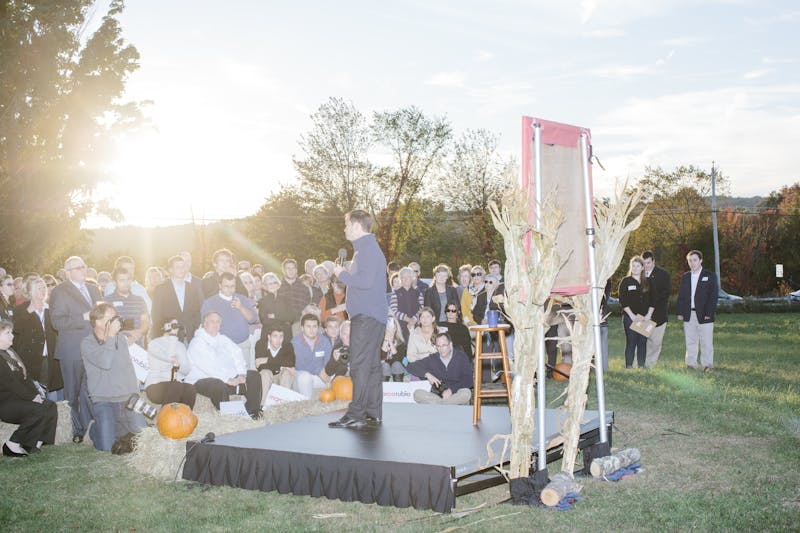
It was Ted Cruz who got there first. On March 23, 2015, the senator from Texas announced his candidacy for President, the first major player in the 2016 race,
and only four days later Cruz was in Merrimack, New Hampshire at a rally organized by the Conservative Business League. Since then, Cruz has made 16 visit and 76 stops in the state, but the candidates who have visited the most—Jeb Bush, George Pataki, Carly Fiorina, Lindsey Graham, Chris Christie, and John Kasich—have clocked in over 100 stops in the state, at rallies, brunches, lunches, house parties, community centers, veterans halls, hotel ballrooms, diners, restaurants, and bars.
Like Iowa before it, the New Hampshire primary is a long, hard slog for the candidates, who must flirt with its citizens in an endless game of “will they or won’t they?” Photographer M. Scott Brauer was on the road with the candidates for much of the early campaigning: “There’s a joke in New Hampshire that the voters don’t make up their mind until they’ve personally seen a candidate at least three times.”
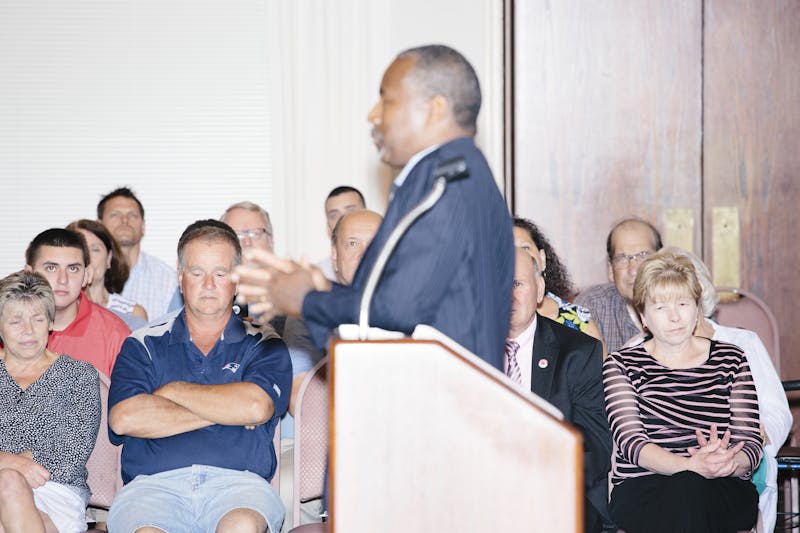
The first New Hampshire primary took place on March 14, 1916. The primary was originally scheduled for May, but “frugal New Hampshirites had realized it was wasteful to light the Town Hall twice,” and the date of the first official primary was moved up to coincide with the annual town hall meeting day on March 14.
The primary didn’t hold the political significance it has today has until 1952, the first primary in which voters could cast a ballot for the candidate directly, rather than for delegates to represent their interests at the National Convention. This change is what set the New Hampshire primaries apart from the Iowa caucuses, which still elect delegates.
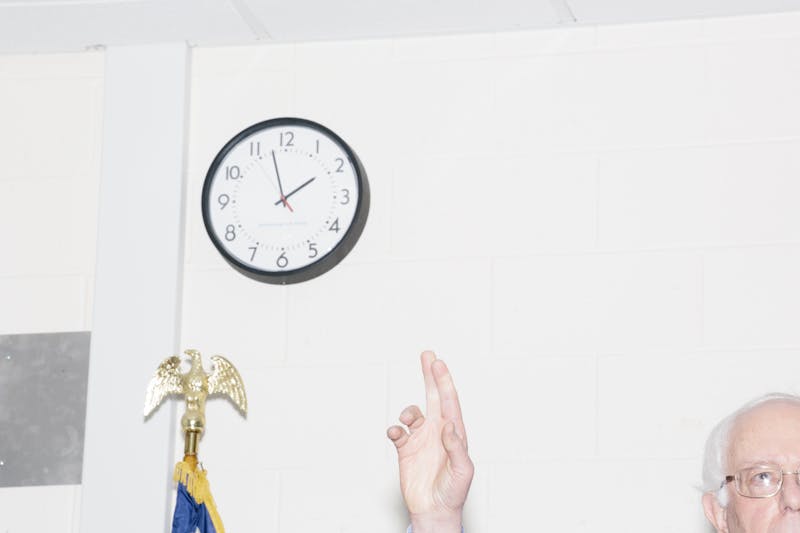
The fee to be included on the New Hampshire primary ballot is $1,000. In our current state of campaign financing, that amount is a drop in the bucket for presidential hopefuls, but some candidates have attempted to find other ways to pay their fee. New Hampshire Secretary of State Bill Gardner told CNN that potential candidates have “tried to bargain with snakeskin, fake credit cards and even hula dancers.”
Of the 58 candidates (30 Republicans, 28 Democrats) appearing on the 2016 primary ballot, Vermin Supreme might be the weirdest. Filed under the Democratic ticket, his campaign includes policy issues such as “Dental Hygiene Law,” “Flying Monkey Public Safety Assurance Program,” and “Time Travel Research Funding.” He also touts that he is “the only bona-fide American Presidential Candidate to actually donate a living organ.”
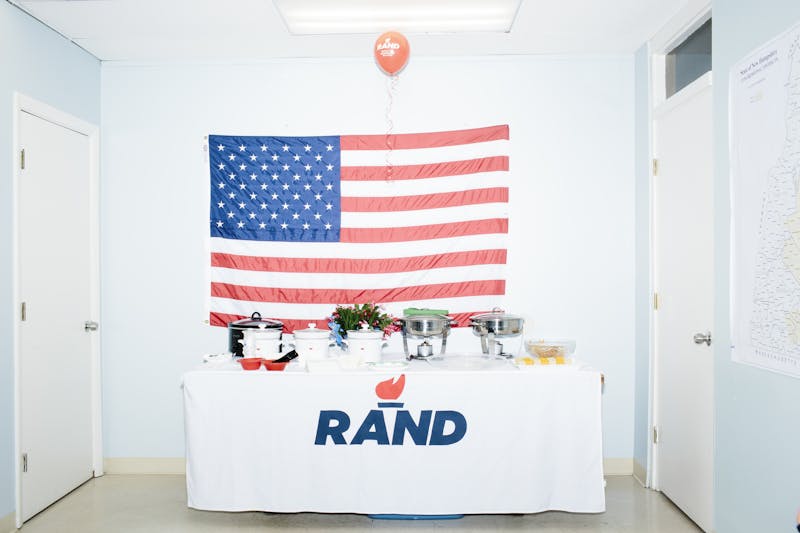
The New Hampshire primary date is set each year by the New Hampshire Secretary of State. The process sounds deceptively simple, but must take into account the dates of all the other primaries across the nation. The current New Hampshire law is that the primary must take place at least one week before any other similar primary votes in the nation, which in some cases has forced the state to move the elections up to remain first. The earliest primary vote was on January 8, 2008, where then-Senator Hillary Clinton and Senator John McCain won. The latest modern primary was held on March 13, 1956, in which Democratic Senator Estes Kefauver and Republican Dwight Eisenhower won.
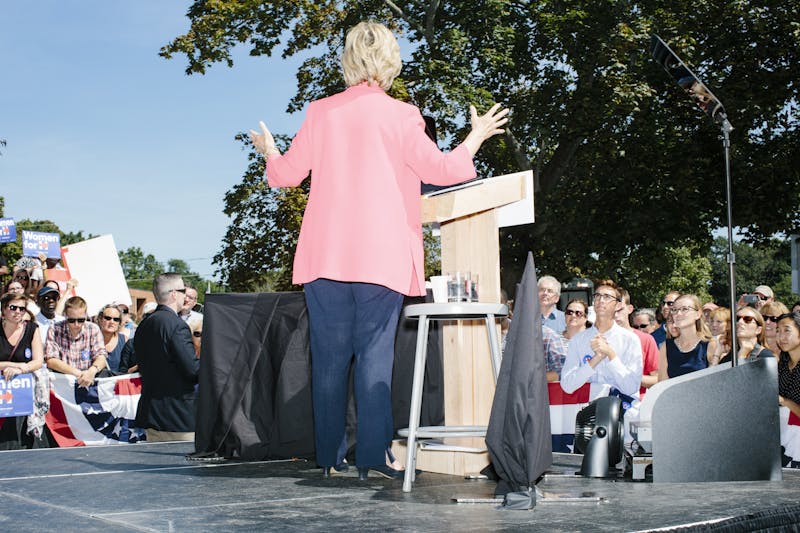
Candidates have the option of filing either in person or by mail for inclusion on the New Hampshire primary ballot. This year, Donald Trump was the first Republican candidate to file his application, which he did on November 4, 2015. Poor Martin O’Malley was the first Democratic candidate to file, which he also did on November 4, 2015. Ben Carson was the last Republican candidate to file his application, which he did in person on November 20, 2015. Hillary Clinton was the last Democratic candidate to file her application, which she also did in person on November 9, 2015. All serious candidates filed their applications in person with the New Hampshire Secretary of State.
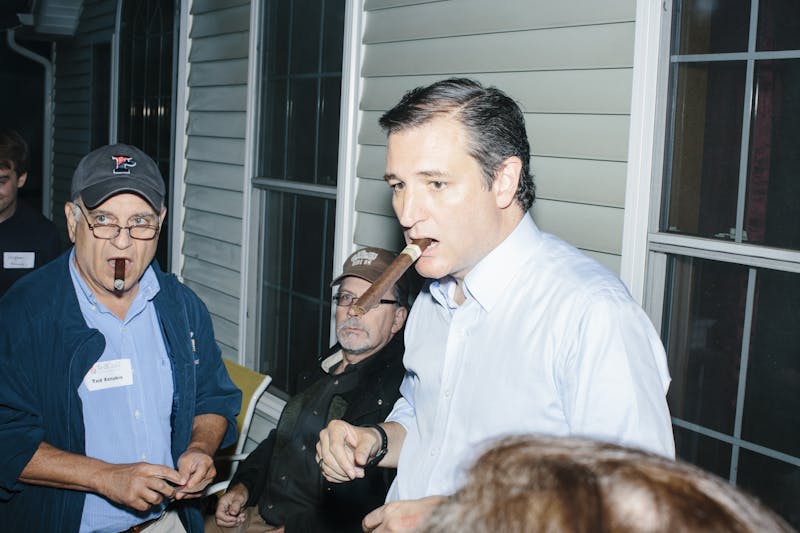
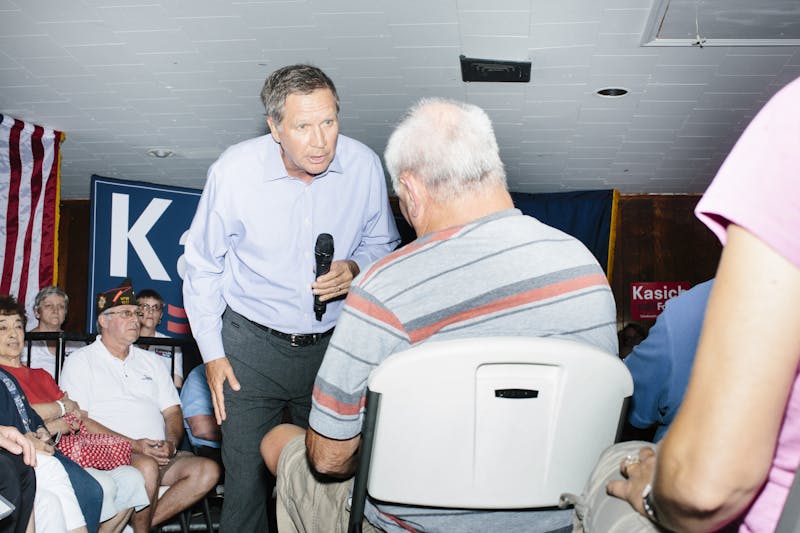
Richard Nixon has won the most New Hampshire primaries, carrying the state in 1960, 1968, and 1972. He has also used the primaries to his advantage, most notably in 1956. Incumbent President Dwight D. Eisenhower was hoping to ditch Nixon as his vice president that year, but Nixon fans were able to keep him on the ticket through a successful write-in campaign.

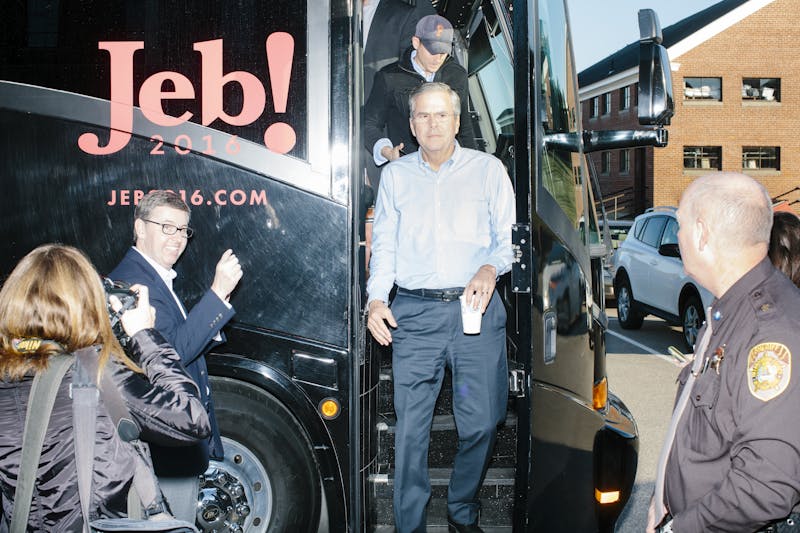

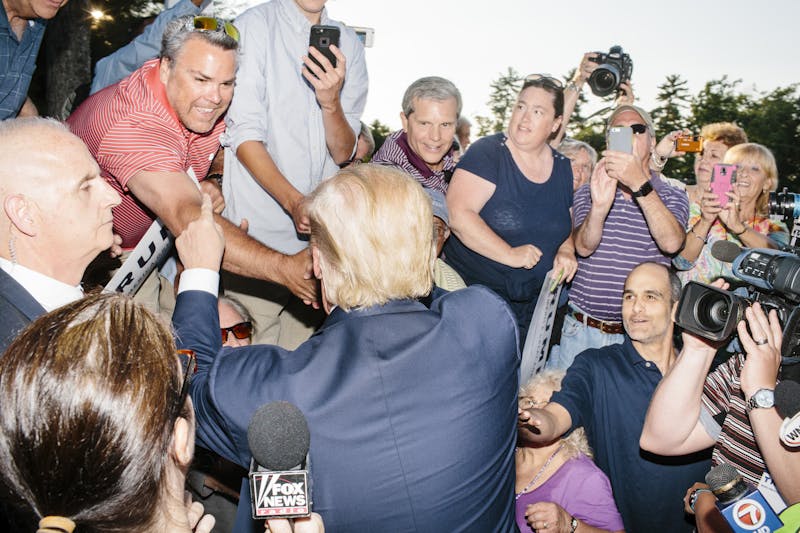
Of the Republican candidates, Donald Trump has spent the least amount of time in New Hampshire, with only 30 visits and 42 campaign stops in the state during this election cycle. John Kasich leads the GOP pack in campaign stops at 182 in just 29 visits to the state, while Chris Christie has the most visits at 38, with 181 campaign stops this cycle. Hillary Clinton lags behind Bernie Sanders with 24 visits to the state and 79 campaign stops, compared to Sanders’s 28 visits and 86 stops.

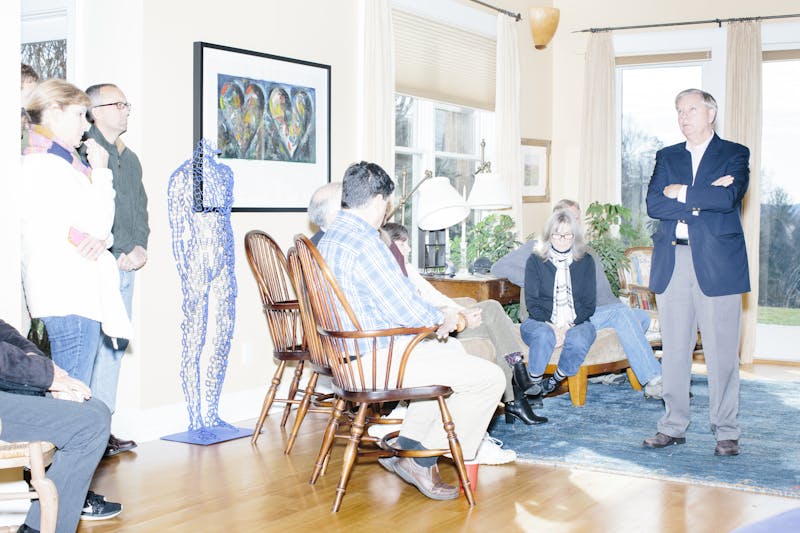
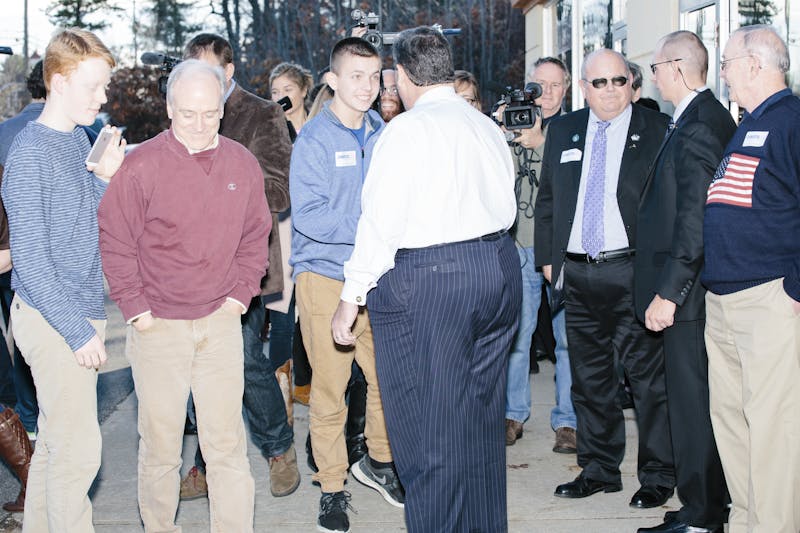

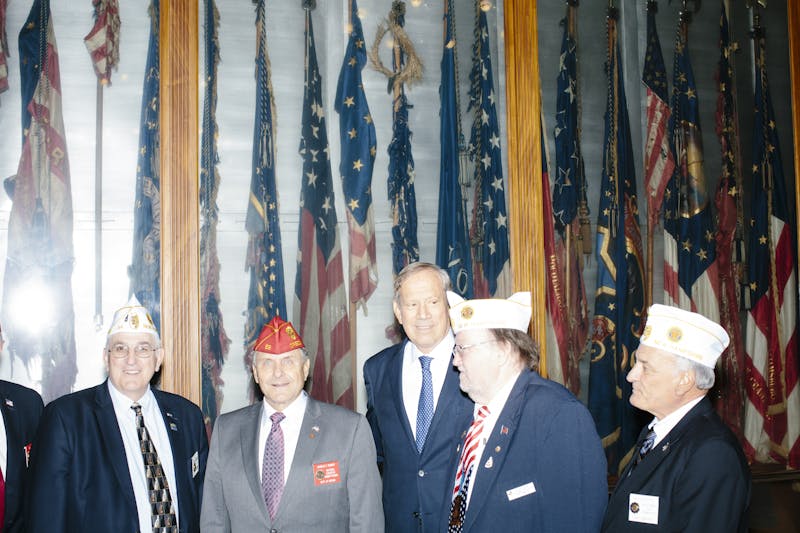
Winning the New Hampshire primary doesn’t necessarily clinch the nomination for a candidate. In 1992, President Bill Clinton lost in the New Hampshire primary to Senator Paul Tsongas, but went on to the presidency anyway. Same for President Barack Obama, who lost to Hillary Clinton in 2008. Although Republicans are more likely to be nominated after winning the New Hampshire primary, notable exceptions include John McCain, who won the primary in 2000 but lost the nomination to President George W. Bush.
